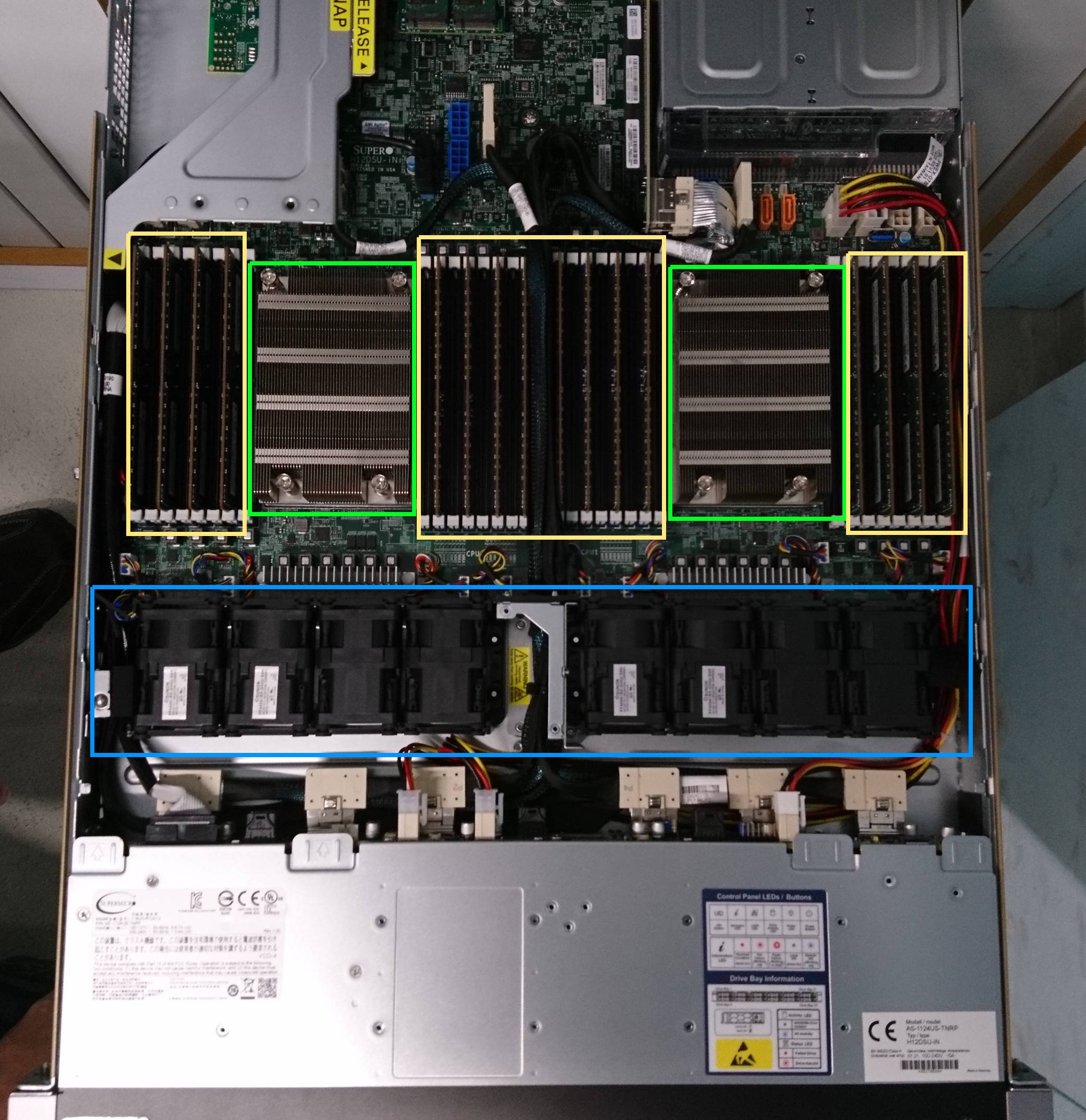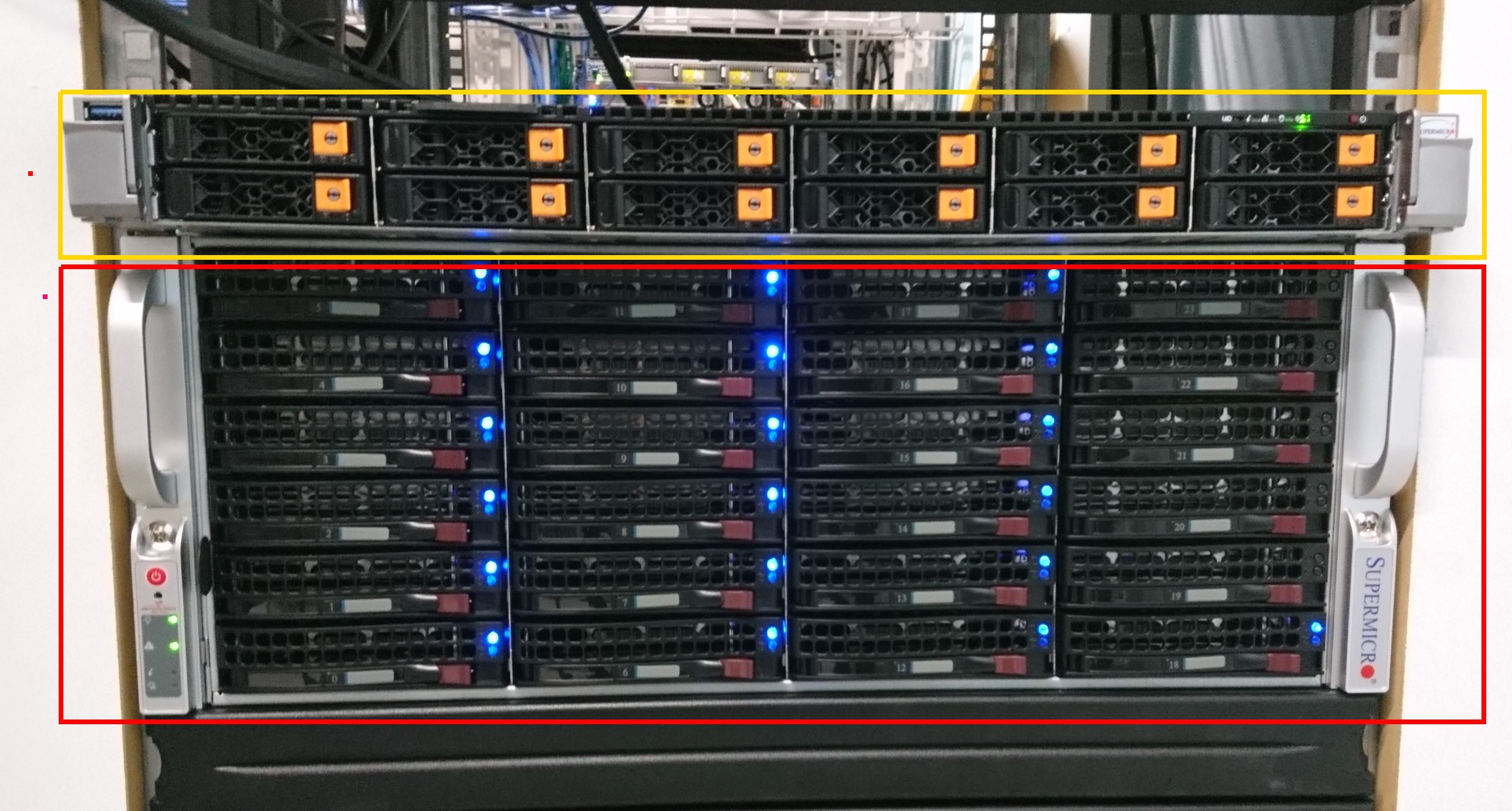Scientists Set Pi Record with AMD EPYC Server: 62.8 Trillion Digits
64 cores, 1TB RAM, 608TB of HDD capacity
Switzerland's University of Applied Sciences Graubünden this week announced (via The Register) that it had set a new world record for calculating Pi. The mathematical constant was computed to 62.8 trillion digits in 108 days and 9 hours, a record both in terms of precision and performance. The result hasn't been verified yet, however.
To set the record, scientists used a system based on two 32-core AMD EPYC 7542 'Rome' processors (2.90 GHz – 3.40 GHz, 128MB L3 cache, eight memory channels) equipped with 1TB of DDR4 memory and a couple of SSDs for the Ubuntu Linux 20.04 operating system. That compute server was coupled with a storage server with thirty-eight 16TB HDDs. Of these, 34 HDDs are used for swapping, and four hard drives — offering 64TB of storage — were used for Pi storage; just saving 62.8 trillion digits need a lot of space.
The researchers opted not to use SSDs since their performance may be inconsistent. Instead, accessing 34TB of high-performance 7200RPM HDDs in parallel provided about 8.5 GB/s of throughput.
The two machines consumed 730 Watts of power, split up among 300 Watts for the compute system and 430 Watts for the storage machine.
To verify the correctness of the newly calculated digits, the researchers used the Bailey-Borwein-Plouffe formula that can compute any position in the Pi number without calculating all preceding digits. Meanwhile, since calculating even a single digit of Pi is very computationally intensive, only some of the last digits of Pi are verified at a time.
Pi calculation records have little practical use, but what they can determine is how correctly a particular system can make calculations over a long period of time. In this case, over a 108-day period.
The previous Pi record was set by Timothy Mullican, it featured 50 trillion digits and took 303 days to complete.
Get Tom's Hardware's best news and in-depth reviews, straight to your inbox.

Anton Shilov is a contributing writer at Tom’s Hardware. Over the past couple of decades, he has covered everything from CPUs and GPUs to supercomputers and from modern process technologies and latest fab tools to high-tech industry trends.
-
JayNor A youtube video, "The Discovery That Transformed Pi", states that Ludolpf van Ceulen spent 25 years computing Pi to 35 correct decimal digits. He probably left checking it as an exercise for the class.Reply

